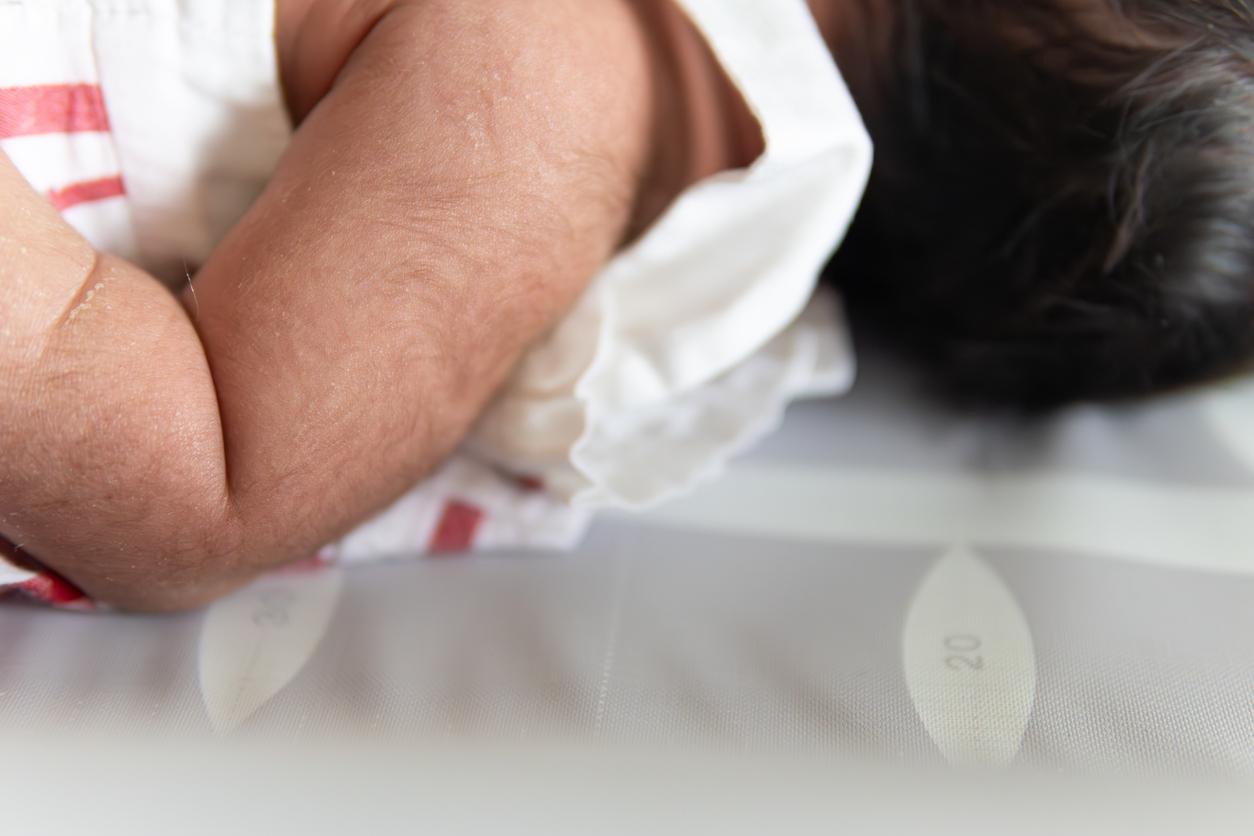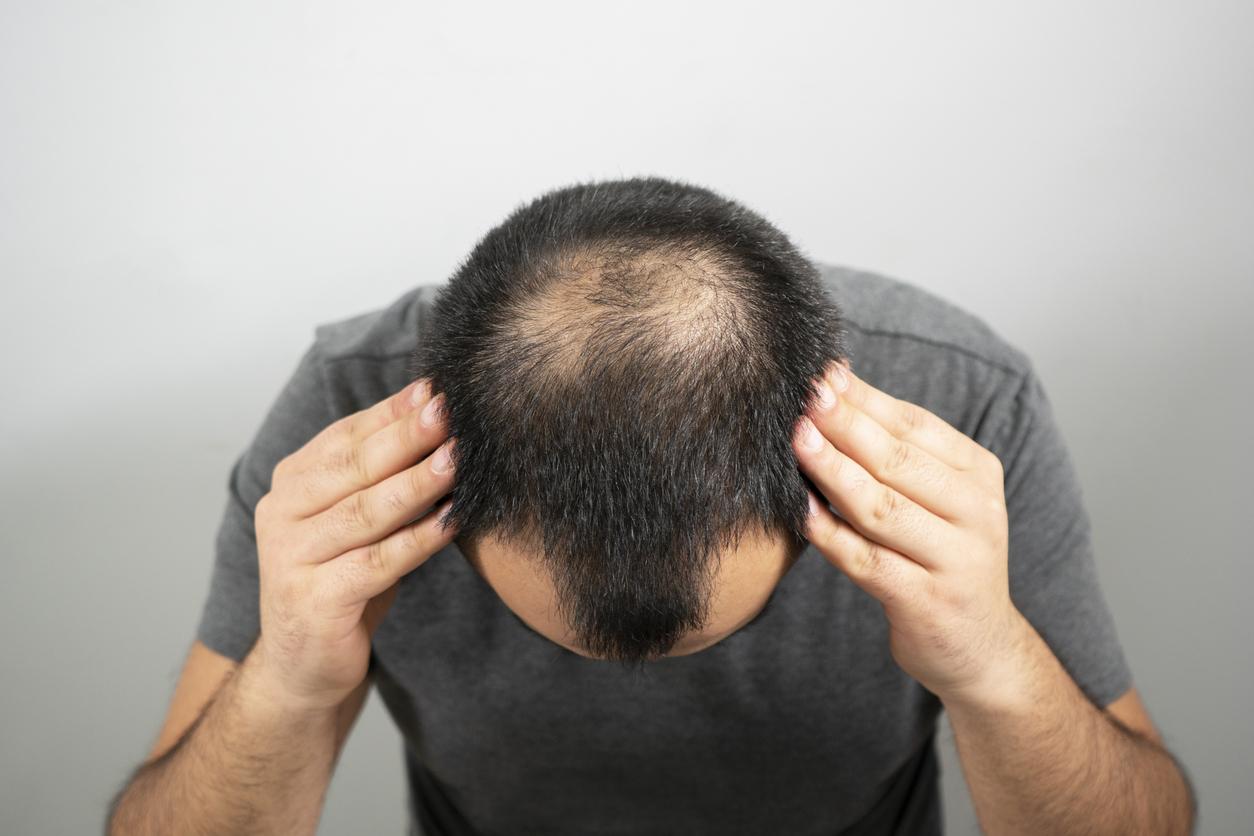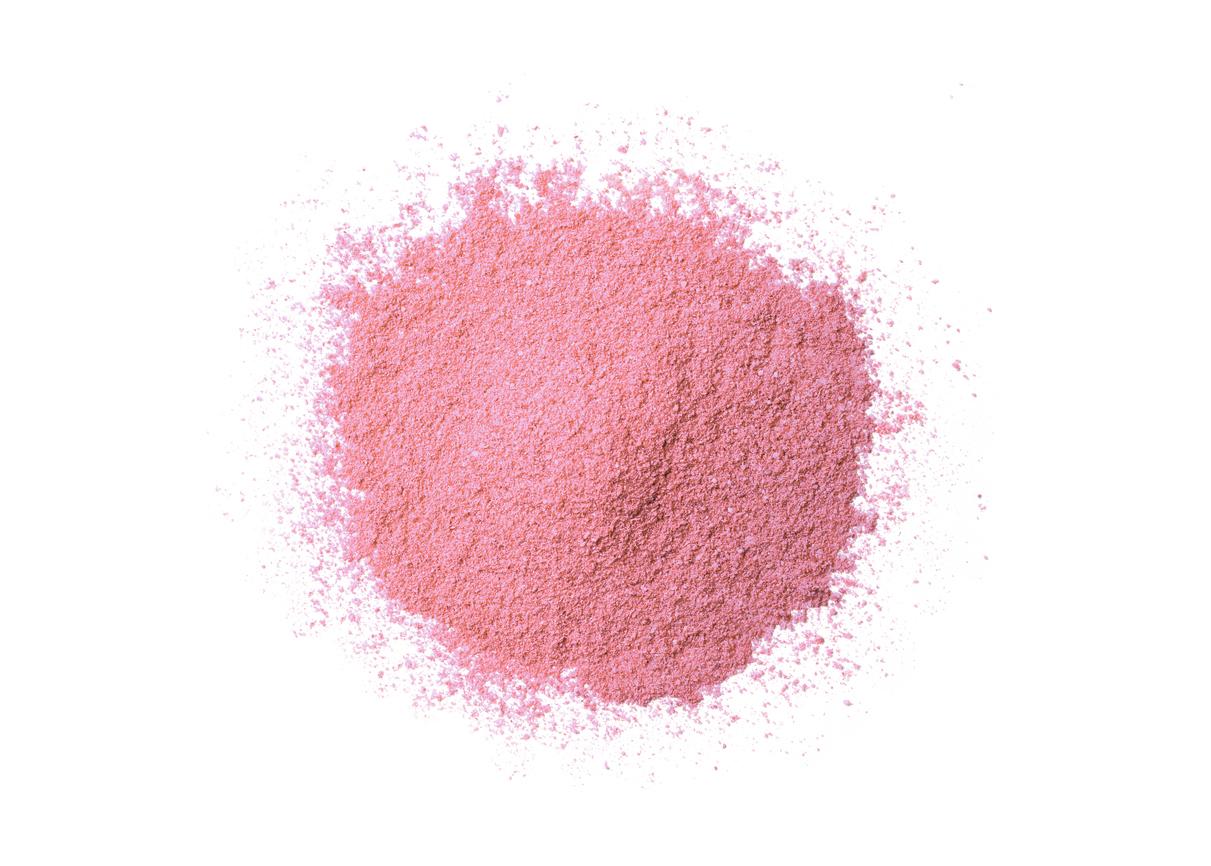A patient withalopecia universalis (loss of all hair and body hair) and plaque psoriasis was cured of both ailments after undergoing treatment with a drug for rheumatoid arthritis according to the surprising results of a study published in the journal Journal of Investigative Dermatology.
This patient, socially handicapped by two serious dermatological diseases, no longer had faith in medicine due to ineffective treatments. However, researchers at Yale University have found that the only hairs of this patient were located on the psoriasis plaques.
“So we looked for a therapeutic agent that could target both psoriasis and universal alopecia areata,” explains Prof. Brett King, assistant professor of dermatology at Yale University.
“We have identified tofacitinib (a molecule approved in 2012 for the treatment of moderate to severe forms of rheumatoid arthritis) as being a promising agent”.
Indeed, previous research carried out in mice had shown its effectiveness against universal alopecia areata.
Encouraging results
In only 8 months of therapy and without side effects, the patient became a man filled with hair and body hair. Indeed, after 2 months of a treatment based on 10mg of tofacitinib, the patient’s hair began to grow back. After 3 months at 15 mg per day, the patient had recovered all his hair, eyebrows, eyelashes, beard and hair under the armpits. After 8 months, her hair was growing normally. Only his arms and legs remained beardless. On the other hand, the effects on psoriasis were not as spectacular as on alopecia areata.
“The results are exactly what we hoped for,” says Prof. Brett A. King. “We have made a huge step forward in the treatment of patients with alopecia. We hope that these same results can be duplicated in other patients,” he explains.
“To our knowledge, this is the first time that a treatment has been shown to be effective against universal alopecia areataexplains Professor Brett King. “These results are amazing, but a clinical trial should be conducted to assess the safety and efficacy of tofacitinib in the treatment of universal alopecia areata” concludes the researcher.
















